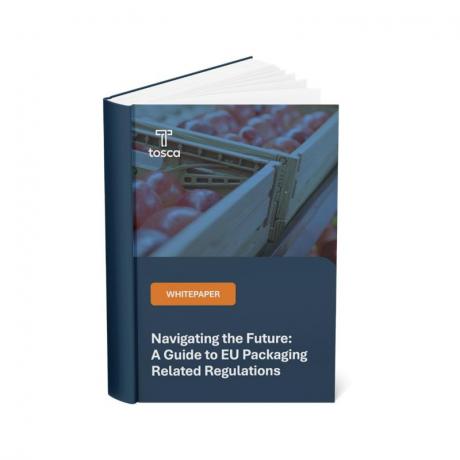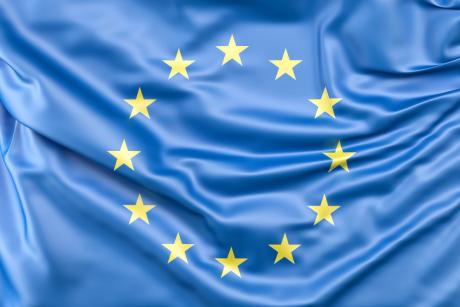On 4 November, following the preliminary review phase, the Italian Council of Ministers gave final approval to a series of legislative decrees implementing European legislation in Italy.
As regards provisions within the purview of the Ministry of Ecological Transition, the following were approved:
- Implementation of Directive (EU) 2019/904 of the European Parliament and of the Council of 5 June 2019 on the reduction of the impact of certain plastic products on the environment;
- Implementation of Directive (EU) 2018/2001 of the European Parliament and of the Council of 11 December 2018 on the promotion of the use of energy from renewable sources;
- Implementation of Directive (EU) 2019/944 of the European Parliament and of the Council of 5 June 2019 on common rules for the internal market for electricity and amending Directive 2012/27/EU, including provisions for the alignment of national legislation with the provisions of Regulation (EU) 2019/943 on the internal market for electricity and Regulation (EU) 2019/941 on risk preparedness in the electricity sector, and repealing Directive 2005/89/EC;
- Enactment of Directive (EU) 2019/883 of the European Parliament and of the Council of 17 April 2019 on port reception facilities for the delivery of waste from ships, amending Directive 2010/65/EU and repealing Directive 2000/59/EC;
- Implementation of Directive (EU) 2019/1161 amending Directive 2009/33/EC on the promotion of clean and energy-efficient road transport vehicles.
As regards Italian legislation regulating single-use plastic products and enacting European Directive 2019/904/EU, we point out the differences in the Italian law with respect to the EU text:
1. The definition of plastic in Article 3 of the bill where: “excluded from this definition are materials such as paints, inks, and adhesives, as well as plastic coatings amounting to less than 10% of the total weight of the product and not a principal structural component of the finished products”. One consequence of this definition is that it exempts polylaminates having less than 10% by weight of plastic from the limitations provided in the Directive.
2. The envisaged exclusion of biodegradable and compostable articles from the provisions of the Directive would exempt much single-use packaging from a “restriction on placing on the market”. Subsection 3 of Article 5 of the draft decree states that: “the placing on the market of products made from biodegradable and compostable materials, certified to conform with the European standard UNI EN 13432 or UNI EN 14995, with percentages of renewable raw materials of 40% or more and, starting on 1 January 2024, 60% or more, is exempt from the prohibition per Subsection 1 in the following cases:
a) where it is not possible to opt for reusable alternatives to single-use plastic products intended for contact with food listed in Part B of the annex;
b) when the use is restricted to a delimited facility (e.g., canteens, cafeterias, healthcare structures and residences, and long-term care facilities) that regularly collects sorted waste and conveys it to a public collection service;
c) where, in consideration of the specific circumstances of place and time, such alternatives [as stated in Point a) above – editor’s note] do not provide adequate guarantee in terms of hygiene and safety;
d) in consideration of the particular type of food or beverage;
e) in circumstances involving the presence of a large number of people;
f) when the environmental impact of the reusable product is worse than the single-use biodegradable and compostable alternatives based on lifecycle studies by the manufacturer.”
3. The inclusion of plastic cups among single-use products that will be subject to a “quantifiable reduction in consumption” provided in Subsection 7 of Article 4 of the draft decree.
The draft decree receiving final approval on 4 November further modifies the draft Decree no. 291, increasing fines to 2,500–25,000 euros (previously 1,000–2,500) for violations of Article 5, and to 5,000–25,000 euros (previously 1,000–10,000) for label violations.
The text of the decree was submitted to the European Commission for preliminary review on 22 September of this year. It is not known at this time how the Commission will respond. Brussels has three months to state observations, so it is very unlikely that the legislative decree will be adopted before Christmas.









